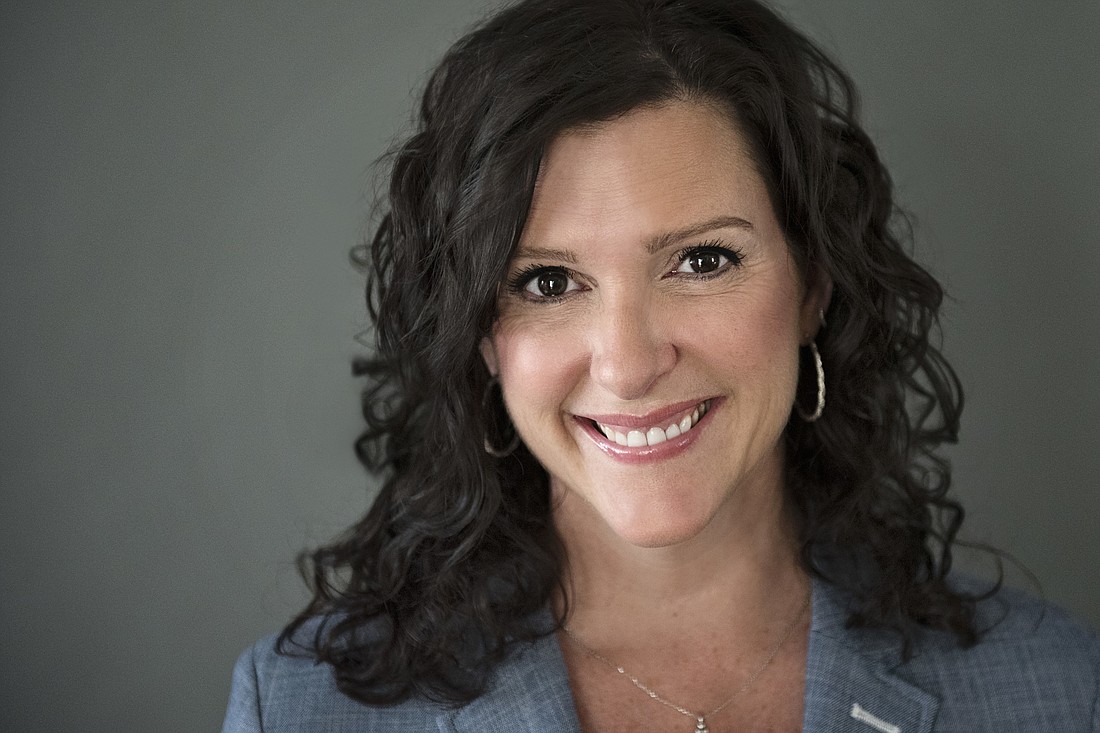- December 13, 2025
-
-
Loading

Loading

Tampa Bay Tech, a nonprofit technology council that serves the region’s fast-growing tech sector, saw its membership soar in 2021 — despite ongoing challenges posed by the pandemic. CEO Jill St. Thomas says the organization now has more than 130 member companies and added seven new partners, a.k.a. sponsoring companies, in the past year.
But for Tampa Bay Tech, whose slogan is “radically connected,” virtual events have resulted in increasingly diminished returns. So the group intends to charge ahead with more in-person gatherings in 2022, even though St. Thomas acknowledges the omicron variant could dent those plans.